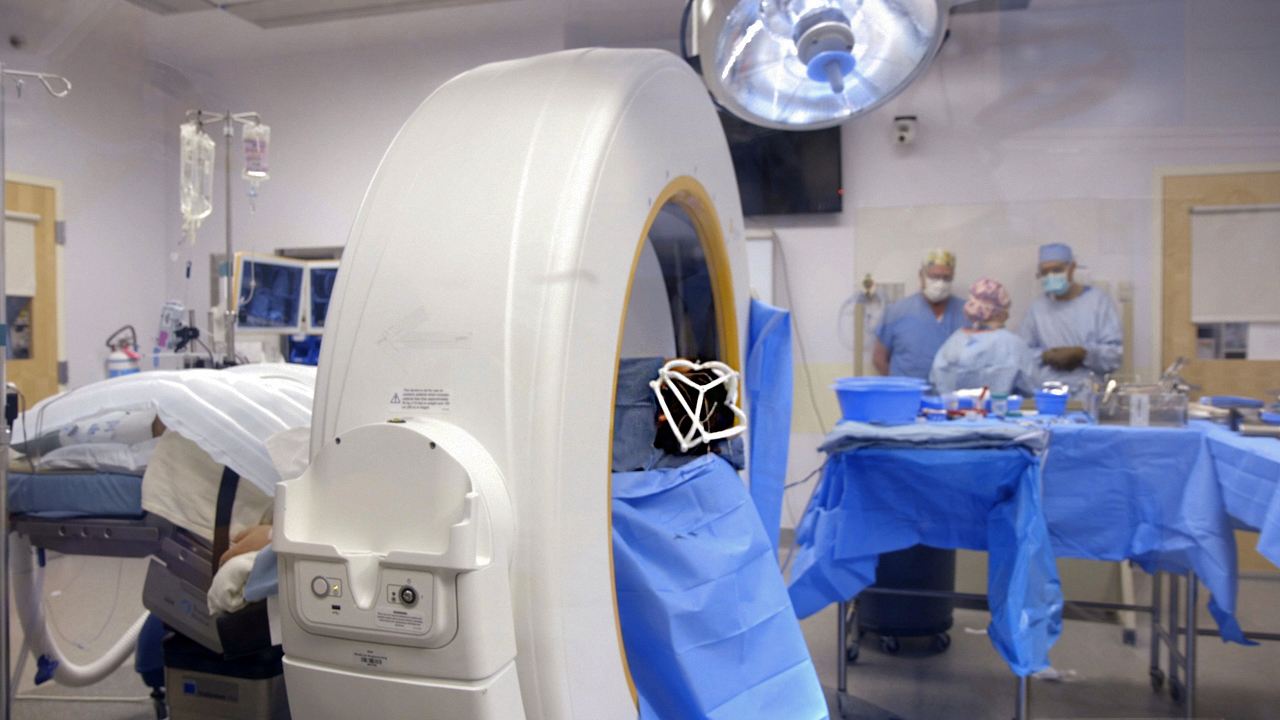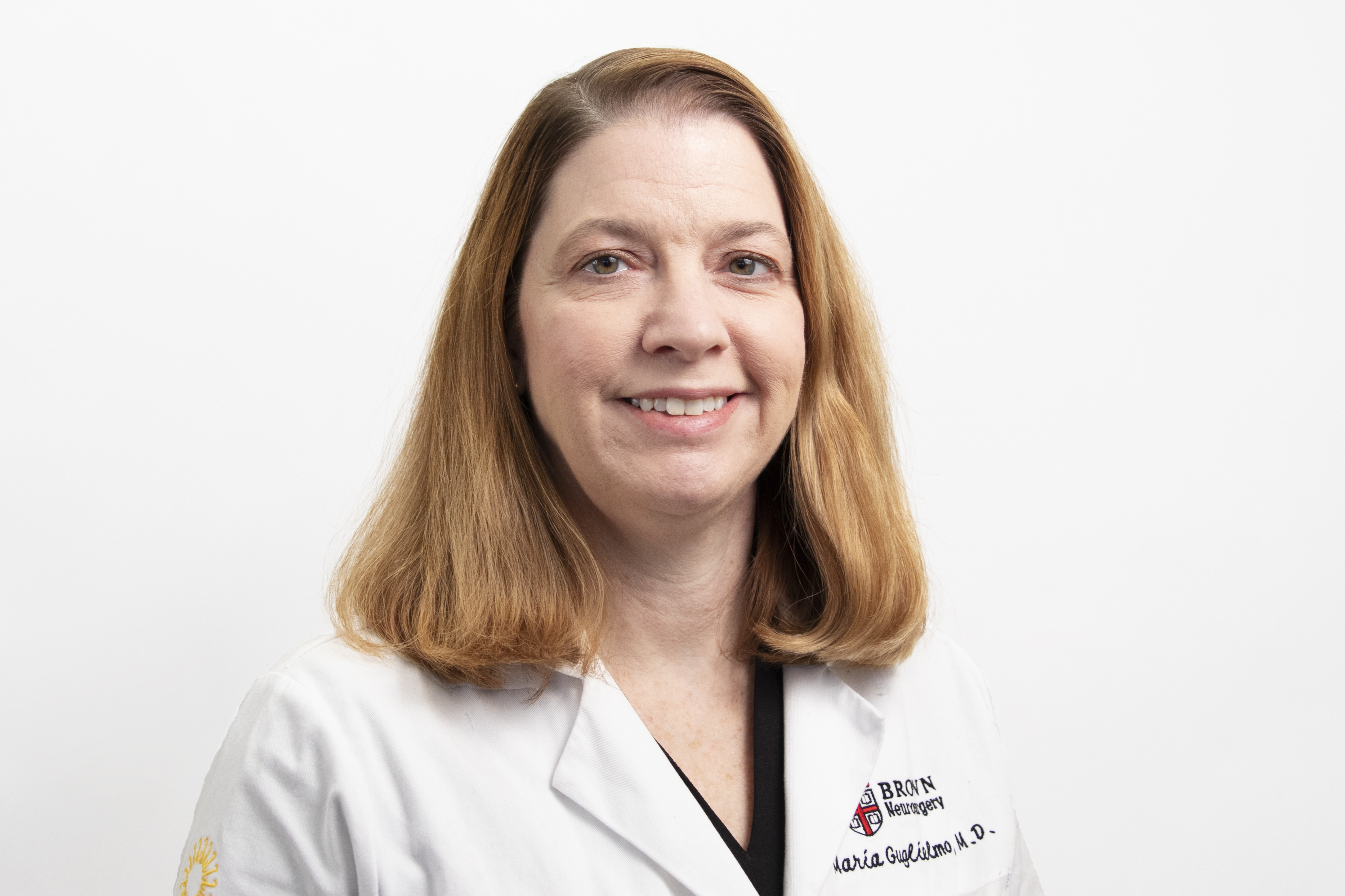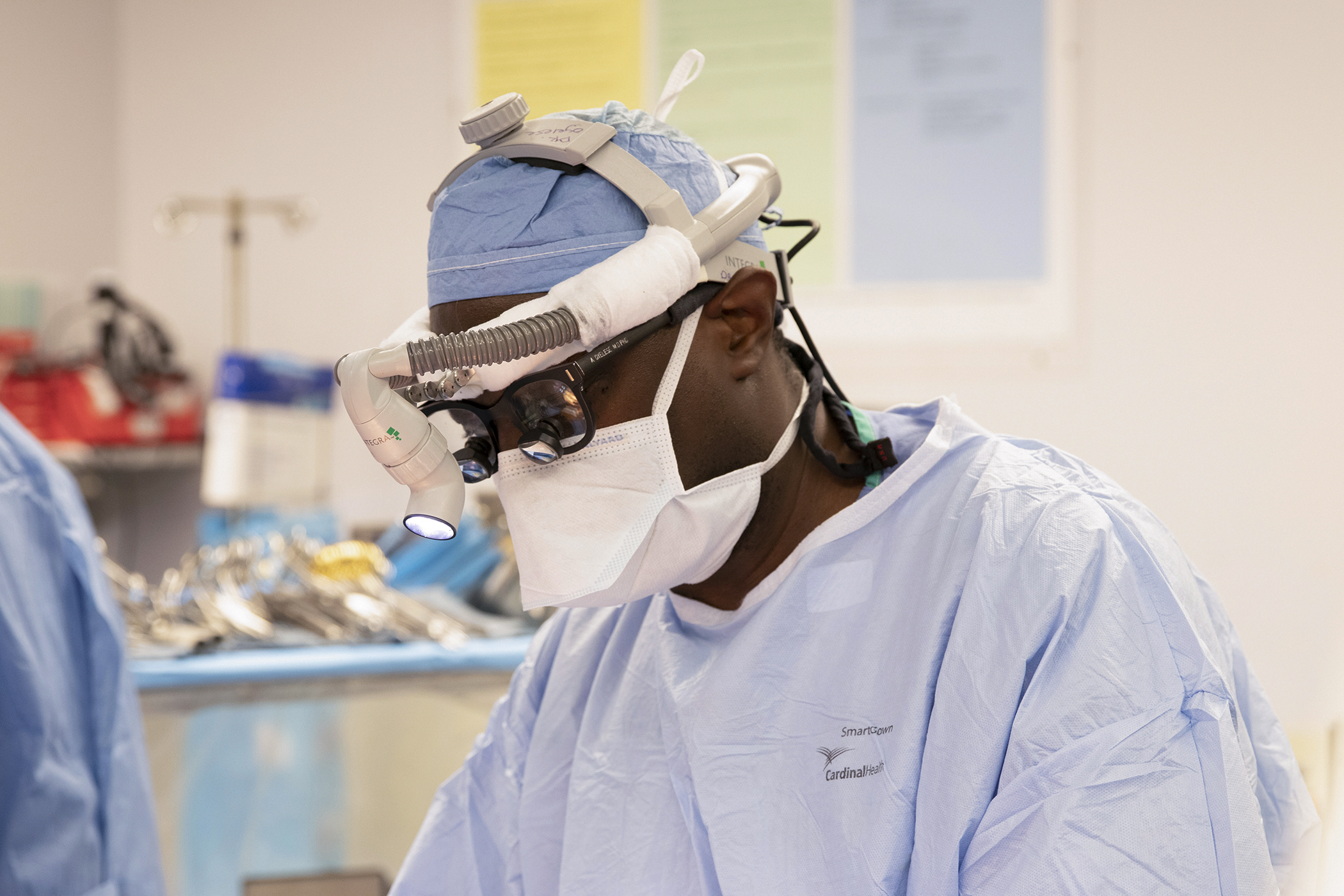

Emergency Department Biplane / Neuroangiography Suite.BrainLab AIRO Mobile CT Scanner with Navigation System.The Neurophysiology & Neuromodulation Laboratory.

The Brain Tumor Immunotherapy Research Laboratory.
 Molecular Neuroscience and Neuro-Oncology Laboratory. Cerebrovascular Surgery and Endovascular Neurosurgery Outcomes Laboratory. Center for Innovative Neuro-technology for Neural Repair (CINNR). Spine Health and Bone Metabolism Center. Intractable Obsessive Compulsive Disorder. Minimally Invasive Endoscopic Spine Surgery Center. Comprehensive Movement Disorders Center. Center for the CSF Disorders of the Brain and Spine. Functional and Epilepsy Neurosurgery Division. Cerebrovascular / Skull Base Surgery / Endovascular Neurosurgery. Pediatric Neuro-Oncology Clinical Faculty. Neurointerventional Radiology Clinical Faculty. ‘That’s the exciting part,’ Doberstein added. ‘It’s going to be a process where everybody in science is going to constantly have to learn and adapt to all the new technology and changes that come about.’ ‘Taking the surgeon out of the equation is not in the foreseeable future,’ said Curt Doberstein, professor of neurosurgery at Warren Alpert and director of cerebrovascular surgery at RIH… ‘We’re at the tip of the iceberg - these things just came out,’ Doberstein said. The findings are ‘really exciting beyond just neurosurgery,’ he added… ‘One of the most interesting aspects’ of the study was the comparison between the AI models, as there have been ‘very few structured head-to-head comparisons of (them) in any fields,’ said Wael Asaad, associate professor of neurosurgery and neuroscience at Warren Alpert and director of the functional epilepsy and neurosurgery program at RIH. They found that GPT-4 was ‘better than the average human test taker’ and ChatGPT and Google Bard were at the ‘level of the average neurosurgery resident who took these mock exams,’ Ali said. This prompted Ali and Connolly to execute these studies in collaboration with their third co-first author, Oliver Tang ’19 MD’23. They had seen that ChatGPT was able to pass other standardized exams like the bar examination, and wanted to test whether ChatGPT could answer any of the questions on their exam. The project was inspired when fifth-year Neurosurgery Resident and Co-first author Rohaid Ali was studying for his neurosurgery board exam with his close friend from Stanford Medical School, Ian Connolly, another co-first author and 4th year neurosurgery resident at Massachusetts General Hospital. ‘It’s such an exploding story in the world and in medicine,’ said Warren Alpert Professor of Neurosurgery Albert Telfeian, who is also the director of minimally invasive endoscopic spine surgery at RIH and director of pediatric neurosurgery at Hasbro Children’s Hospital. They found that these AI models were able to pass the written exams with ‘flying colors.’ When challenged to answer the more complicated oral exam questions, which require higher-order thinking based on clinical experience and exposure, the models still performed ‘superbly,’ said Ziya Gokaslan, professor and chair of neurosurgery at the Warren Alpert Medical School and neurosurgeon-in-chief at Rhode Island Hospital and The Miriam Hospital… THE BROWN DAILY HERALD- “The Brown Neurosurgery Department recently published two preprints comparing the performances of Artificial Intelligence Large Language Models ChatGPT, GPT-4 and Google Bard in the neurosurgery written board examinations and the neurosurgery oral board preparatory question bank.
Molecular Neuroscience and Neuro-Oncology Laboratory. Cerebrovascular Surgery and Endovascular Neurosurgery Outcomes Laboratory. Center for Innovative Neuro-technology for Neural Repair (CINNR). Spine Health and Bone Metabolism Center. Intractable Obsessive Compulsive Disorder. Minimally Invasive Endoscopic Spine Surgery Center. Comprehensive Movement Disorders Center. Center for the CSF Disorders of the Brain and Spine. Functional and Epilepsy Neurosurgery Division. Cerebrovascular / Skull Base Surgery / Endovascular Neurosurgery. Pediatric Neuro-Oncology Clinical Faculty. Neurointerventional Radiology Clinical Faculty. ‘That’s the exciting part,’ Doberstein added. ‘It’s going to be a process where everybody in science is going to constantly have to learn and adapt to all the new technology and changes that come about.’ ‘Taking the surgeon out of the equation is not in the foreseeable future,’ said Curt Doberstein, professor of neurosurgery at Warren Alpert and director of cerebrovascular surgery at RIH… ‘We’re at the tip of the iceberg - these things just came out,’ Doberstein said. The findings are ‘really exciting beyond just neurosurgery,’ he added… ‘One of the most interesting aspects’ of the study was the comparison between the AI models, as there have been ‘very few structured head-to-head comparisons of (them) in any fields,’ said Wael Asaad, associate professor of neurosurgery and neuroscience at Warren Alpert and director of the functional epilepsy and neurosurgery program at RIH. They found that GPT-4 was ‘better than the average human test taker’ and ChatGPT and Google Bard were at the ‘level of the average neurosurgery resident who took these mock exams,’ Ali said. This prompted Ali and Connolly to execute these studies in collaboration with their third co-first author, Oliver Tang ’19 MD’23. They had seen that ChatGPT was able to pass other standardized exams like the bar examination, and wanted to test whether ChatGPT could answer any of the questions on their exam. The project was inspired when fifth-year Neurosurgery Resident and Co-first author Rohaid Ali was studying for his neurosurgery board exam with his close friend from Stanford Medical School, Ian Connolly, another co-first author and 4th year neurosurgery resident at Massachusetts General Hospital. ‘It’s such an exploding story in the world and in medicine,’ said Warren Alpert Professor of Neurosurgery Albert Telfeian, who is also the director of minimally invasive endoscopic spine surgery at RIH and director of pediatric neurosurgery at Hasbro Children’s Hospital. They found that these AI models were able to pass the written exams with ‘flying colors.’ When challenged to answer the more complicated oral exam questions, which require higher-order thinking based on clinical experience and exposure, the models still performed ‘superbly,’ said Ziya Gokaslan, professor and chair of neurosurgery at the Warren Alpert Medical School and neurosurgeon-in-chief at Rhode Island Hospital and The Miriam Hospital… THE BROWN DAILY HERALD- “The Brown Neurosurgery Department recently published two preprints comparing the performances of Artificial Intelligence Large Language Models ChatGPT, GPT-4 and Google Bard in the neurosurgery written board examinations and the neurosurgery oral board preparatory question bank.










